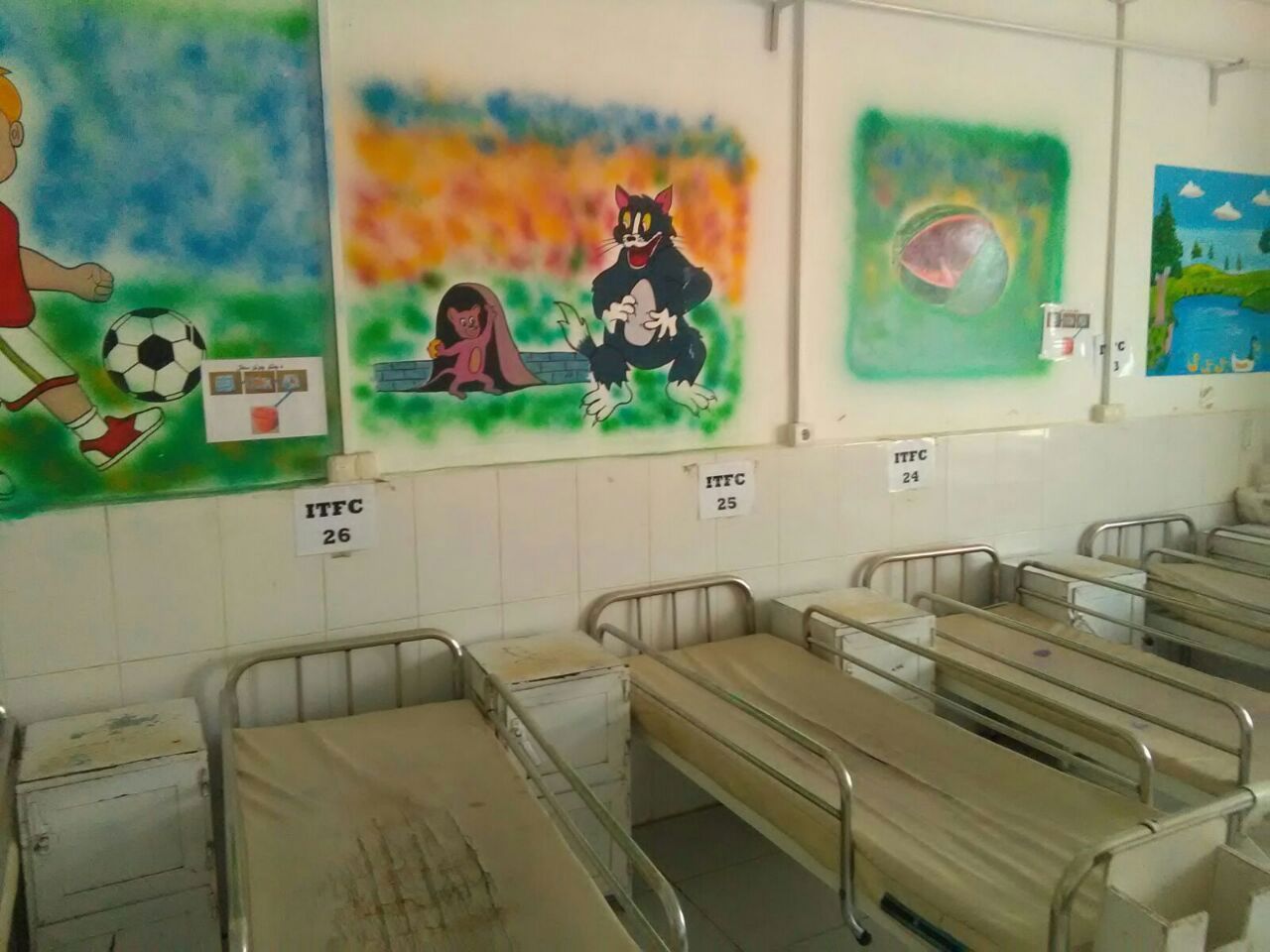On 28 November 2013, the plane landed in Donetsk International Airport on a chilly autumn night. I was the odd one out en route from Istanbul where people aboard spoke languages so foreign to me which later proved to be an obstacle at work. Donetsk, nicknamed the city of million roses, is an industrial city in Ukraine founded by a Welsh businessman in 1869. It is the center of Donetsk Oblast on the Kalmius River and home to professional football club Shakthtar Donetsk.
Coming from missions in Africa and the Middle East, humanitarian project in this part of the world is generally unheard of.
Ukraine is among the highest multidrug-resistant tuberculosis (MDR-TB) burden countries in the world with unmet medical needs. Congregated settings such as the prison are at higher risk of tuberculosis infection. This neglected community has limited access to second line treatments. Patients are laden with heavy pills burden and side effects that often lead to non-compliance. This, accompanied by high cost of treatment makes tuberculosis one of the toughest public health threats to curb.
Late winter was definitely rough. The temperature once dipped below -25C and I dreamt of the equatorial warmth back home. Despite that, the program went well. My culinary skill is useful for occasional weekend potluck and thanks to a housemate who has a flair in cooking.
Ukraine crisis unfolded in Donetsk with a lot of uncertainties. Despite that, the team travelled daily to penitentiary institutions to get work done. Otherwise, the journey to the facilities was beautiful on a crisp spring morning, traversing quaint towns, rivers and stretches after stretches of stunning agricultural landscapes.
As the crisis progresses, part of the team was relocated to neighboring regions where the program was coordinated from. On the other hand, MSF responded to the crisis with donations of medical materials to local hospitals in afflicted regions and a mental health program was rolled in to support affected communities.
The crisis is taking a toll on the tuberculosis program. Accesses to the facilities are in jeopardy with risk of treatment interruptions but the team is trying to keep the program going at its best. I completed my tenure at the height of summer. In the midst of the hullabaloo, I managed to bid most of my colleagues and friends goodbye.
The dynamics of my mission changed drastically like the Ukrainian weather. But what doesn’t change is the belief to help this community battling tuberculosis and to advocate quality treatment and measures to curb this public health threat.



